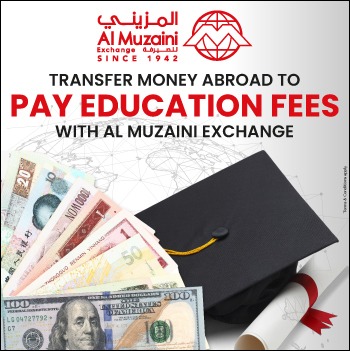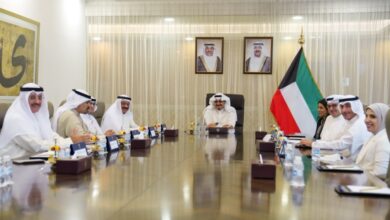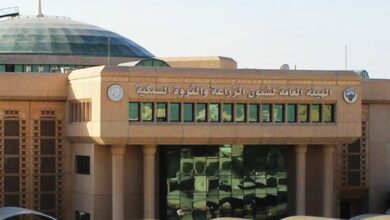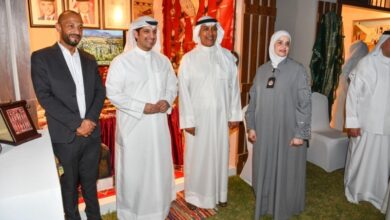Central Asia: A vital link in international cooperation
. . . it is far more than just the core of the Shanghai Cooperation Organization (SCO); it is a vital geopolitical and economic link in the global system, spanning trade, economics, energy, transport and communications, manufacturing, investment, and cultural-humanitarian sectors.
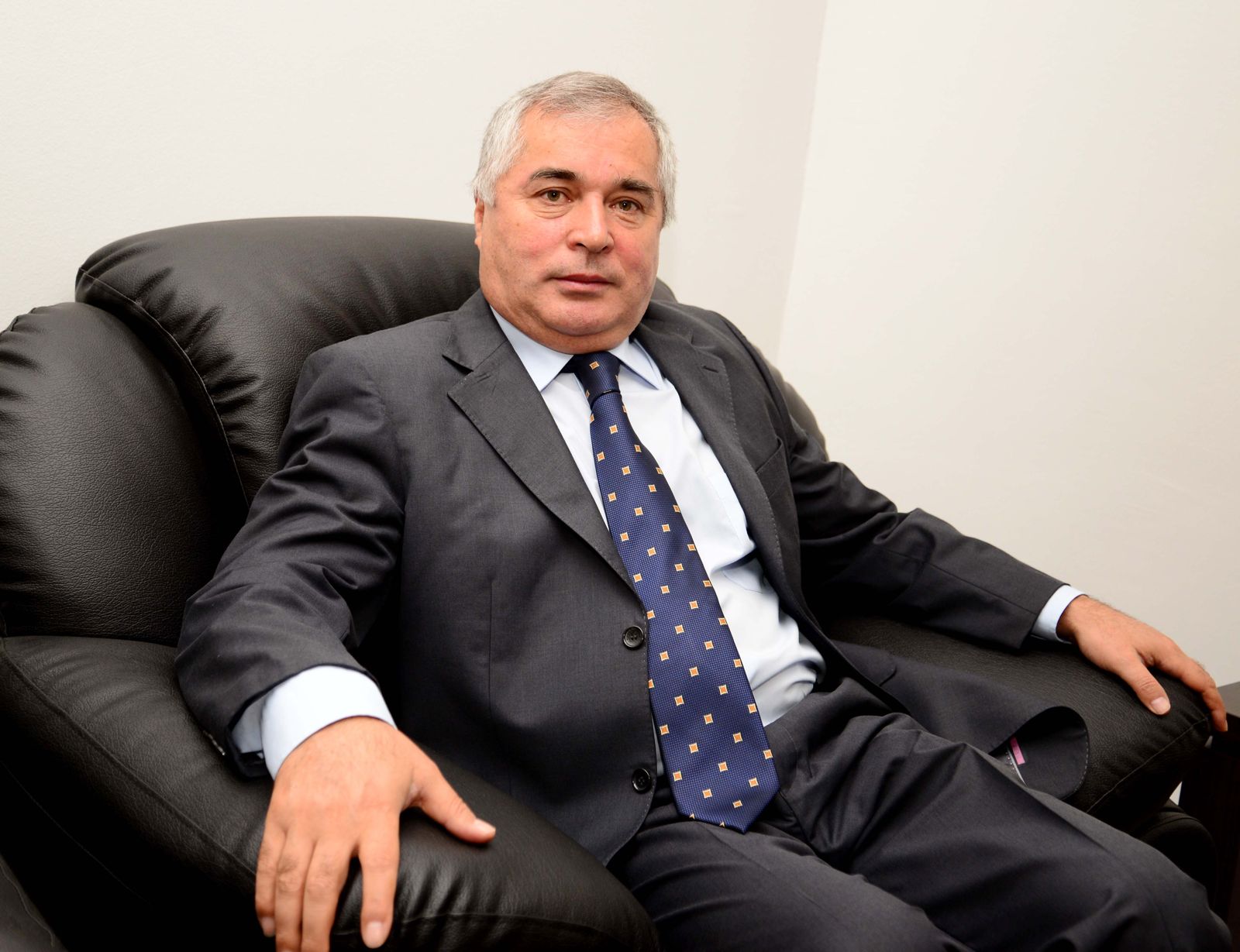
By H.E. Dr. Zubaidullo Zubaidzoda
Ambassador of Tajikistan to Kuwait
The collective vision enshrined in the ‘Central Asia 2040: Concept for the Development of Regional Cooperation’, with its focus on shared values, mutual interests, and priority cooperation areas, serves as a beacon to regional prosperity. Central Asia is far more than just the core of the Shanghai Cooperation Organization (SCO); it is a vital geopolitical and economic link in the global system, spanning trade, economics, energy, transport and communications, manufacturing, investment, and cultural-humanitarian sectors.
The nations of Central Asia are actively making a practical and constructive contribution to realizing the UN 2030 Agenda for Sustainable Development and its crucial targets. Testament to this commitment is that our countries have collectively proposed dozens of initiatives to the international community aimed at maintaining peace and ensuring sustainable development. This sustained effort underscores the irreversible transformation of Central Asia into a stable, economically dynamic, and, in the foreseeable future, a highly prosperous region.
For two decades, Tajikistan has championed the water and climate agenda on the world stage. Its initiation of 14 relevant UN General Assembly resolutions has established a robust framework for achieving coordinated global water goals, aligning directly with the 2030 Agenda for Sustainable Development.
It is a sobering fact that Tajikistan’s glaciers are the source of 60 percent of the region’s water resources. The accelerating rate of glacier melting due to climate change presents a deeply alarming trend, as these glaciers are indispensable for the region’s ecological stability. In response, at Tajikistan’s urging, the UN General Assembly declared 2025 the International Year of Glacier Preservation. Following this resolution, Dushanbe hosted the inaugural International High-Level Conference on Glacier Preservation from 29–31 May of this year, with strong international participation underscoring the urgency of this global initiative.
The Central Asian region stands at the forefront of the global fight against contemporary threats to international security, including terrorism, extremism, radicalism, illicit drug trafficking, and transnational organized crime.
Modern terrorist and extremist organizations increasingly exploit the digital landscape, using advanced information technologies to disseminate extremist ideologies, incite religious and ethnic hostility, and, critically, recruit youth to their destructive cause. It is clearer than ever that these complex, cross-border challenges require a united, collaborative response; no single nation can succeed alone. Today’s security challenges require not only our strong will but also our ability to cooperate globally.
In this spirit, the ‘Dushanbe Process on Combating Terrorism and its Financing’ has established a crucial multilateral platform. It facilitates regional and global cooperation, comprehensive dialogue, and the vital exchange of best practices among all stakeholders.
We view the Kuwait Phase of the ‘Dushanbe Process on Counter-Terrorism’, which took place in Kuwait City on 4–5 November 2024, as an effective factor in strengthening international cooperation in the fight against terrorism and creating effective border security mechanisms.
Our partnership in this multilateral platform is an example of shared responsibility, which in today’s geopolitical conditions is very necessary and appropriate to counter terrorism. We are confident that, in close cooperation with the UN Office of Counter-Terrorism and other international partners, we will continue to make the necessary efforts to achieve the noble goals of the Dushanbe Process.
In the context of the joint fight against the modern challenges and threats, it is necessary to particularly note the significance role of the High-Level International Conference on the Repatriation of Persons from Al-Hol, Surrounding Camps and Places of Detention, which took place on 26 September 2025, on the sidelines of the 80th session of the United Nations General Assembly in New York. During this conference, the successful experience of the Republic of Tajikistan and other Central Asian countries in repatriating women and children from camps in Syria was presented.
Furthermore, the commitment to promoting lasting peace, stability, and security within the region and beyond remains a cornerstone of Tajikistan’s foreign policy.
President Emomali Rahmon’s initiative to adopt a special UN General Assembly resolution declaring the ‘Decade of Strengthening Peace for Future Generations’ is a powerful call to global action, placing a strategic emphasis on the increasing role of youth. With over half of the region’s population belonging to the younger generation, their future is the region’s future.
The countries of Central Asia must intensify cooperation, utilizing every available tool to safeguard youth from the corrosive pull of terrorism, extremism, and radicalism. Educational programs and social projects, underpinned by tangible economic opportunities, are considered essential instruments for mitigating extremism risks and ensuring public security. By combining efforts across all levels, we can effectively counter modern threats and cultivate conditions for the enduring well-being of future generations. This initiative has garnered widespread international support.
Furthermore, on 25 July 2025, the United Nations General Assembly unanimously adopted a landmark resolution entitled the ‘Role of artificial intelligence (AI) in creating new opportunities for sustainable development in Central Asia’, initiated by the Republic of Tajikistan. Supported by the consensus of the UN Member States, the resolution marks a significant step toward building a global consensus on the ethical and safe use of AI, including the development of self-regulation mechanisms and responsible governance of AI technologies at the regional and national levels.
It also outlines key mechanisms for leveraging AI technologies to drive sustainable development across Central Asia. One of the key mechanisms proposed is the establishment of a Regional Artificial Intelligence Center in Dushanbe to coordinate joint AI implementation programs across Central Asia. This is another investment’s opportunity to enhance international cooperation in the fields of digitalization and AI.
The countries of Central Asia and the Arab States of the Gulf are bound by deep historical, cultural, and spiritual ties. Our peoples, drawing on shared values, have made a worthy contribution to the development of world civilization for centuries. These noble traditions continue to serve as a reliable foundation for the comprehensive development of friendly and cooperative relations between our countries.
In this context, the historic initiative to establish a strategic dialogue in the Central Asia- GCC format is particularly noteworthy. The State of Kuwait chairs this strategic dialogue, and we sincerely thank the Amir of Kuwait, His Highness Sheikh Misha’al Al-Ahmad Al-Jaber Al-Sabah, for his tremendous efforts to expand mutually beneficial cooperation between the fraternal countries of these two important regions.
On 19 July 2023, the first Summit of the Heads of State of the Cooperation Council for the Arab States of the Gulf and Central Asian countries was held in Jeddah. Following the First Summit, an action plan was adopted for the GCC and Central Asian countries for the period 2023-2027, which includes dialogue on political and security issues, economic cooperation and investment opportunities, strengthening people-to-people ties, and establishing effective partnerships between the business sectors in our countries.
The Second GCC-Central Asian Summit is scheduled to take place in the near future, and we are confident that its results will provide a powerful impetus to the development and strengthening of multifaceted cooperation between our regions.
Central Asia’s humanitarian space boasts a legacy that has profoundly enriched world civilization, producing legendary figures in science, culture, literature, and art. We share a common imperative to preserve the distinctiveness and uniqueness of our peoples’ spiritual heritage. Intercultural cooperation holds significant potential as an effective mechanism for fostering interethnic understanding and strengthening mutual trust across the region. Consequently, our nations should exemplify respectful and tolerant attitudes toward one another’s traditions, values, and cultural patrimony.
In education and science, expanding ties between higher education institutions in Central Asian countries and Gulf states is advisable. This collaboration should focus on experience exchange, joint scientific research, and professional training programs, especially in the exact, natural, and mathematical sciences.
Countries of Central Asia are bound not just by shared borders but by ancient trade traditions tracing back to the Great Silk Road. The historical trade systems and traditions established by this vital sub-regional artery continue to hold immense contemporary significance.
We acknowledge the critical importance of Afghanistan as an integral link for the success of our joint projects in trade, economic, transit, and communication spheres. The further realization of these initiatives largely hinges on the normalization of the military-political situation and the assurance of security within Afghanistan.
The key to resolving Afghanistan’s current challenges lies in the extensive use of diplomatic and political means, coupled with the adoption of effective measures focused on the country’s economic and social development. We will, therefore, continue to support the economic and social upliftment of our southern neighbor, with whom we share a deep common history and rich cultural heritage.
We are confident that the successful execution of cross-border and interregional projects in energy, transport, and communications, alongside joint programs in culture, science, education, and tourism, will deliver a tangible contribution to the region’s sustainable development, peace, security, and lasting prosperity.






